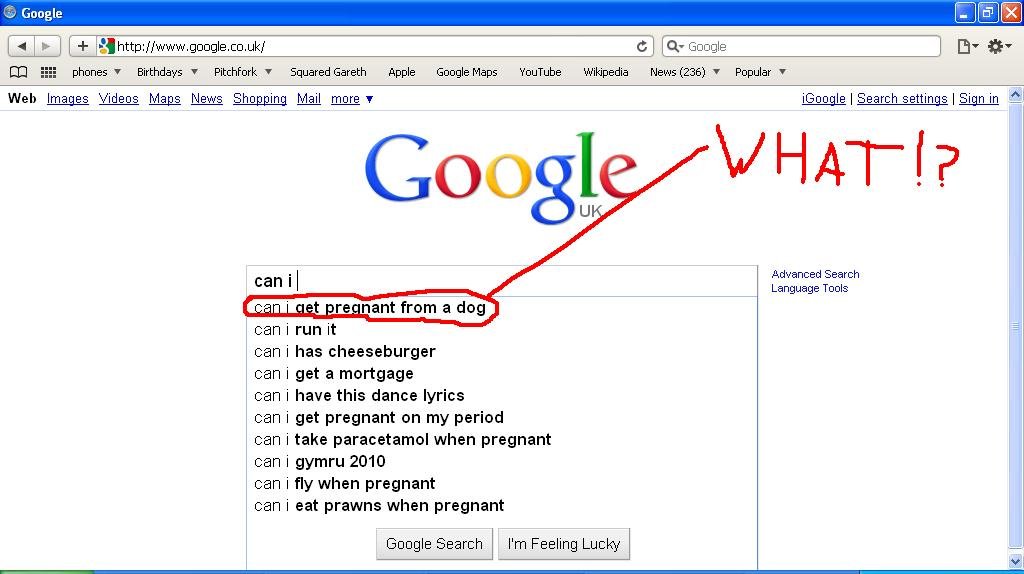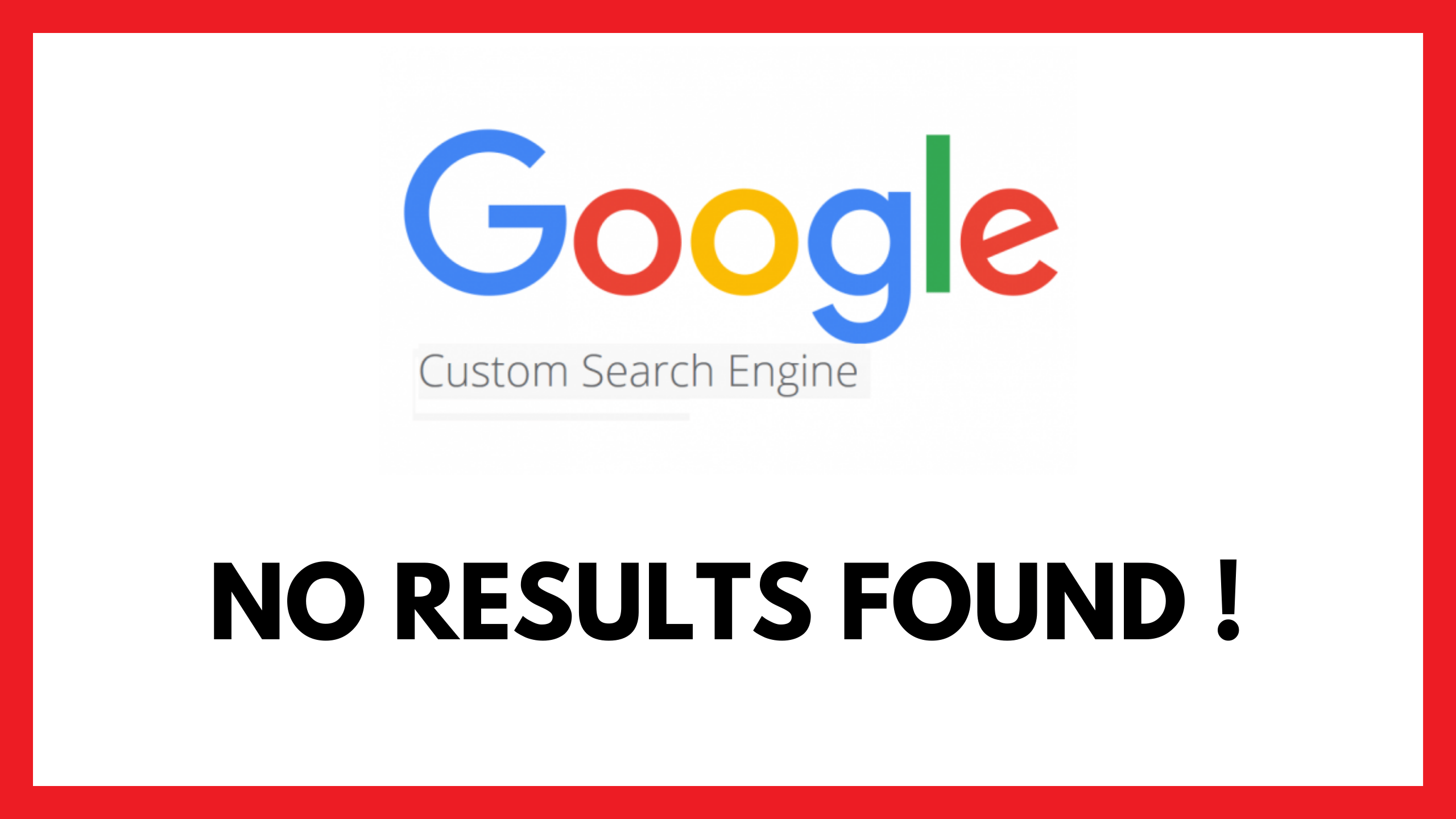Is your gateway to the world suddenly bricked up?
The frustration of Google Search failing is a universal digital lament, but fortunately, a swift resolution is often within reach. Lets dissect the anatomy of this digital disruption and arm ourselves with the knowledge to restore order to our online explorations. The modern world runs on information, and for many, Google Search is the primary conduit. When this tool falters, it can feel like a digital amputation. But fear not, for the vast majority of these disruptions are caused by easily identifiable and resolvable issues. From the mundane glitches of network connectivity to the more nuanced complexities of browser configurations, a systematic approach to troubleshooting can quickly restore access to the world's information. We'll explore the common culprits and the corresponding remedies, ensuring that you're equipped to handle any search-related hiccup that comes your way.
| Category | Information |
|---|
| Common Issues | Network connectivity problems, Browser conflicts, Server downtime, Device limitations, Problematic extensions, Website crawling and indexing problems |
| Troubleshooting Steps | Check network connection, Restart router, Clear browser cache and cookies, Disable browser extensions, Update browser, Use Google's troubleshooter, Check Google Workspace status dashboard |
| Network Connection | Unstable internet connection can cause slow loading times, failure to load pages, or search errors |
| Browser Issues | Browser storing too much data can slow down or disrupt google searches |
| Website Indexing | Search engines encountering difficulties in crawling and indexing a website hinders the display of relevant results |
| Official Help | Google Search Help Center |
Your network connection is undeniably the prime suspect when Google Search goes AWOL. Slow loading times, the dreaded "unable to connect" message, or search errors that materialize out of thin air all these can often be traced back to an unstable or non-existent internet connection. A simple test is to attempt accessing other websites. If those, too, fail to load, the issue almost certainly lies with your network. Begin with the basics: ensure your Ethernet cable is securely plugged in or that your Wi-Fi is properly connected. A router restart is often the magic bullet, clearing temporary glitches that can disrupt the flow of data. And if you're still facing issues, investigate further by contacting your internet service provider to rule out any broader service outages in your area. Beyond the realm of mere connectivity, the
quality of your connection also matters. A weak or unstable signal can be just as detrimental as no signal at all. Conduct a speed test using any of the readily available online tools to gauge your upload and download speeds. Compare these results against the speeds you're paying for; significant discrepancies warrant a call to your ISP. Furthermore, be mindful of your network security. While a secure network is paramount, overly restrictive security settings or firewalls can sometimes inadvertently block access to Google's servers. Review your network security device configurations to ensure that Google Search isn't being unfairly flagged as a threat. The browser, that ubiquitous window to the web, can also be a source of Google Search woes. Over time, browsers accumulate a cache of temporary files and cookies, intended to speed up browsing. However, an excessive buildup of this data can have the opposite effect, slowing down performance and even causing conflicts with websites like Google Search. Clearing your browser's cache and cookies is a straightforward process that can often resolve these issues. Navigate to your browser's settings or history menu, locate the option to clear browsing data, and ensure that both cached images and files, as well as cookies and other site data, are selected. Browser extensions, those seemingly innocuous add-ons designed to enhance functionality, can occasionally wreak havoc on Google Search. Some extensions may interfere with the way search results are displayed, inject unwanted advertisements, or even redirect your searches to alternative search engines. To determine if an extension is the culprit, try disabling them one by one, testing Google Search after each deactivation. If disabling a particular extension resolves the issue, consider removing it altogether or seeking an alternative that doesn't interfere with your search experience. Keeping your browser up-to-date is also crucial. Outdated browsers can be vulnerable to security flaws and may not be fully compatible with the latest web technologies used by Google Search. In rarer cases, the problem may lie not with your setup, but with Google's servers themselves. While Google boasts a highly reliable infrastructure, occasional outages or downtime can occur. The best way to ascertain whether Google is experiencing a widespread issue is to consult the Google Workspace Status Dashboard. This dashboard provides real-time information on the status of various Google services, including Search. If an outage is reported, the only course of action is to wait patiently for Google to resolve the problem on their end. Website crawling and indexing problems can also explain why Google Search might not be showing expected results. Google's search engine relies on crawlers, also known as spiders or bots, to explore the web and index website content. When these crawlers encounter difficulties accessing or interpreting a website's content, it can hinder the display of relevant results. Common culprits include incorrect robots.txt files, which instruct search engine crawlers which pages to ignore; broken links that lead to dead ends; and poorly structured websites that are difficult for crawlers to navigate. Website owners can utilize Google Search Console to monitor their website's crawling and indexing status. Search Console provides valuable insights into how Google sees your website, highlighting any errors or warnings that may be preventing it from being properly indexed. By addressing these issues, website owners can improve their website's visibility in Google Search results. For example, you can check if you have the latest app version on your Android phone or tablet by going to the appropriate settings. Furthermore, the canonical URL plays a crucial role in search engine optimization. The canonical URL is the preferred URL for a web page when there are multiple URLs with similar content. If the selected canonical URL differs from the URL you'd prefer to see in search results, it can impact your website's ranking and visibility. Ensuring that your website uses the correct canonical URLs is essential for optimal search engine performance. There are various reasons why the selected canonical URL differs from the canonical URL you'd prefer to see in search. Google's search algorithms are incredibly complex, and while they strive to provide the most relevant results, they are not infallible. A persistent lack of results can sometimes force us to confront the limitations of our digital tools and the information they contain. It prompts us to look beyond the immediate search results and consider the contexts that shape what surfaces and what remains buried. In such cases, it may be necessary to refine your search queries, explore alternative search engines, or consult specialized databases or resources. To reiterate, when Google Search stops working, it can be incredibly frustrating, but most problems are easy to fix. Whether the issue lies with your network connection, browser settings, or a temporary service outage, a systematic approach to troubleshooting can quickly resolve it. From checking your internet connection and clearing your browser's cache to disabling problematic extensions and consulting the Google Workspace Status Dashboard, this guide provides actionable steps to help you restore access to the world's information. If you are a verified site owner in Search Console, explore combined statistics for all your site's AMP pages using the AMP status report. Here are some more resources about AMP. Keep your system updated, and in particular, make sure your Windows installation is running smoothly. If the problems aren't all resolved, try running the troubleshooter again to check for additional errors, or see troubleshoot problems updating Windows and follow the troubleshooting steps. The troubleshooter resets Windows Search to the default experience. To view your troubleshooter history, select Start > Settings > Update & Security > Troubleshoot > View troubleshooting history. Use the Windows Search and indexing troubleshooter to try to fix any problems that might arise. To use the troubleshooter, follow these steps: Accessible from any internet-connected browser, Google is a superb search engine, used by the majority of users online for finding information, whether it is celebrity news, episode guides to their favorite program, technical support, or something else entirely. Alldata repair provides comprehensive vehicle repair information and account management tools online. If you're having trouble accessing a Google product, there's a chance they're currently experiencing a temporary problem. You can check for outages and downtime on the Google Workspace Status Dashboard. Welcome to the ongoing data visualization project, where the trends data team works with the best designers around the world to tell stories with data and make the results open source. Visit trending now where you are. Find local businesses, view maps, and get driving directions in Google Maps. Lets dive in and solve those Google Search problems once and for all! One common cause for Google Search not showing results is website crawling and indexing problems. Why am I forbidden from visiting a website? Reconnect to the network and check if you can access Google Search; a stable connection is important for Google Search to work. If Google wont display search results, make sure the internet is working by performing a network restart. You can also use speed testing websites to check the network speed. This help content & information general help center experience. Fix connection issues with Google Go if you can't connect to Wi-Fi or have a slow connection, try these fixes. Search the world's information, including webpages, images, videos, and more. Google has many special features to help you find exactly what you're looking for. Read about network security devices and tools.


